Avoid These Common Estate Planning Mistakes
According to a recent Gallup poll, only 46% of U.S. adults have a will that describes how they would like their estate and money to be handled after their death. If you count yourself among the population who has completed an estate plan, congratulations! However, even after all of the documents have been signed, there are some pitfalls that could cause headaches down the road. Consider these common estate planning mistakes to make sure it will be smooth sailing for your family and loved ones.
Mistake #1: Thinking a Will Avoids Probate
It is a common misconception that having a will means that your estate can avoid probate, which is the court-supervised legal process whereby assets are distributed after someone dies. Many people think a will helps sidestep this process. Unfortunately, that is not always the case.
In Idaho, if you own real property (a house, land, acreage, etc.) when you die, or have other assets valued at or over $100,000, then your estate will have to go through probate whether you have a will or no estate planning documents at all.
To avoid probate in Idaho, you can establish a revocable living trust. A properly funded trust can help your estate be handled without going through the courts. A knowledgeable estate planning attorney can help you understand the difference between a will and a trust.
Mistake #2: Appointing Co-Executors
Part of establishing an estate plan is choosing an executor to act on behalf of the estate. It is common to select your spouse, children, or other family members of friends to fill this role. Some people also decide to nominate multiple people to serve as co-executors.
However, it is a wise idea to consider your motivations when appointing co-executors. Some people attempt to avoid hurt feelings by choosing co-executors rather than appointing a single executor with one or several alternates. Other people think that naming two people who do not see eye-to-eye as co-executors will force them to work cooperatively. What is more likely to occur is that the co-executors find themselves unable to work together due to conflict, which makes the entire process more lengthy, contentious, and expensive. Even if co-executors work well together, it might be cumbersome for them both to be present to sign documents like checks and real estate paperwork.
Instead of co-executors, consider selecting one executor, followed by multiple alternates in case your chosen nominee is unable to take on the role.
Mistake #3: Not Safeguarding Your Original Documents
It may disturb you to know how many people do not keep careful track of their original estate planning documents. When an original will is lost, it can seriously complicate the process of administering the estate. Be sure to keep your original documents in a safe place, like a home fireproof safe or safe deposit box.
Just as important as safeguarding your original estate plan is making sure that your executor knows where to find these documents. It will be much harder for your wishes to be followed if your loved ones do not know that you completed an estate plan or where you stored these important documents.
Think you might have fallen into one of these estate planning traps: The attorneys at Coyle & Eyman Elder Law are here to help!

